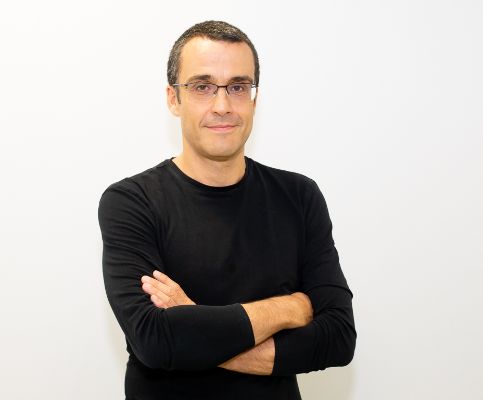

DAVID TEIRA SERRANO
CATEDRÁTICO DE UNIVERSIDAD
LÓGICA,HISTORIA Y FILOSOFÍA DE LA CIENCIA
FACULTAD DE FILOSOFÍA
(+34) 91398-8392
Bio
Ph.D. History and Philosophy of Science, University College London | Short CV
I am a professor of philosophy of science studying how probability and statistics have been used to resolve disagreements in disciplines like medicine or economics, when there are severe conflicts of interests (both among scientists and their stakeholders).
I advocate for Diamond open access publication in philosophy, both as an editor of BSPS Open and Phil-Sci Archive board member. All my academic output (papers, course materials, etc) is available on different repositories: E-spacio, Philpapers, Phil-Sci Archive.
I have also been full professor at Sorbonne Université. Before arriving at UNED, I also taught at the University of Salamanca, Universidad Carlos III de Madrid and Universidad Europea. I am a member of the Metis Research Group and president of the Spanish Society for Logic and Philosophy of science.
Teaching
Asignaturas de Grado:
- 70012051 - HISTORIA GENERAL DE LA CIENCIA II
- 61024167 - TRABAJO FIN DE GRADO (MATEMÁTICAS)
- 70014133 - TRABAJO FIN DE GRADO (FILOSOFÍA)
Asignaturas de Máster:
- 26622236 - LA MEDICALIZACIÓN DEL CUERPO DE LA MUJER
- 30001569 - PHILOSOPHY AND MEDICINE
- 30001338 - ÉTICA E INVESTIGACIÓN CIENTÍFICA
Programas de Doctorado:

N.º de tramos reconocidos de evaluación docente
4Research
Short research statement and citation indexes
-
My work
The thread articulating my work is how statistics is used in the sciences and in our public life: to what extent statistical data analysis can generate consensus. Philosophically, the problem that has interested me most is how scientists with interests in conflict can reach truth-conducive agreements. My philosophical work relies heavily on the history of the sciences I study, and most of my publications are in history and philosophy of science journals.
I have advocated for a contractarian epistemology justifying the impartiality of scientific evidence. If a scientific community agrees of a list of potential biases and the corresponding debiasing procedures, any piece of evidence generated with such procedures should be consider neutral regarding the potential conflicts of interest at stake. In my work, I explain why such scientific agreements are epistemically justified and how they actually work in different disciplines (mostly medicine and economics), where debates about bias and partiality have been extensive.
- Impact
N.º de tramos reconocidos de actividad investigadora
4Sexenios de transferencia
1Publications
-
My papers
For a standardized list, ORCID
For my publications in Spanish, my Dialnet page
My preprints in OA repositories: E-spacio, Philpapers, Phil-Sci Archive.
Recent publications sample:
- "Why experimental balance is still a reason to randomize? British Journal for Philosophy of science (2024) (con Marco Martínez)
- Are animal breeds social kinds?, Synthese (2023) (con Oriol Vidal)
Other activities
Have a look at...
- My book review blog
- My intereviews: Filosofía en RNE3
- Open Access textbooks: Filosofía de las ciencias sociales | Periodismo y verificación de noticias
